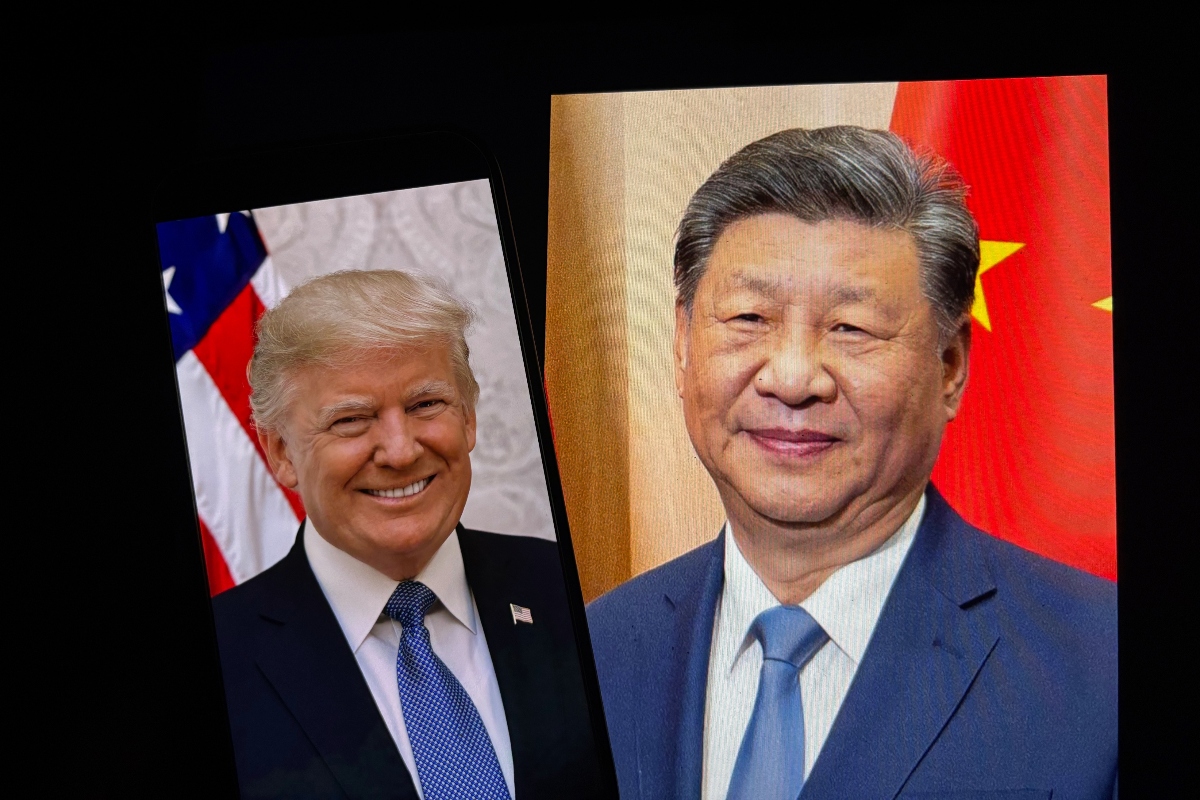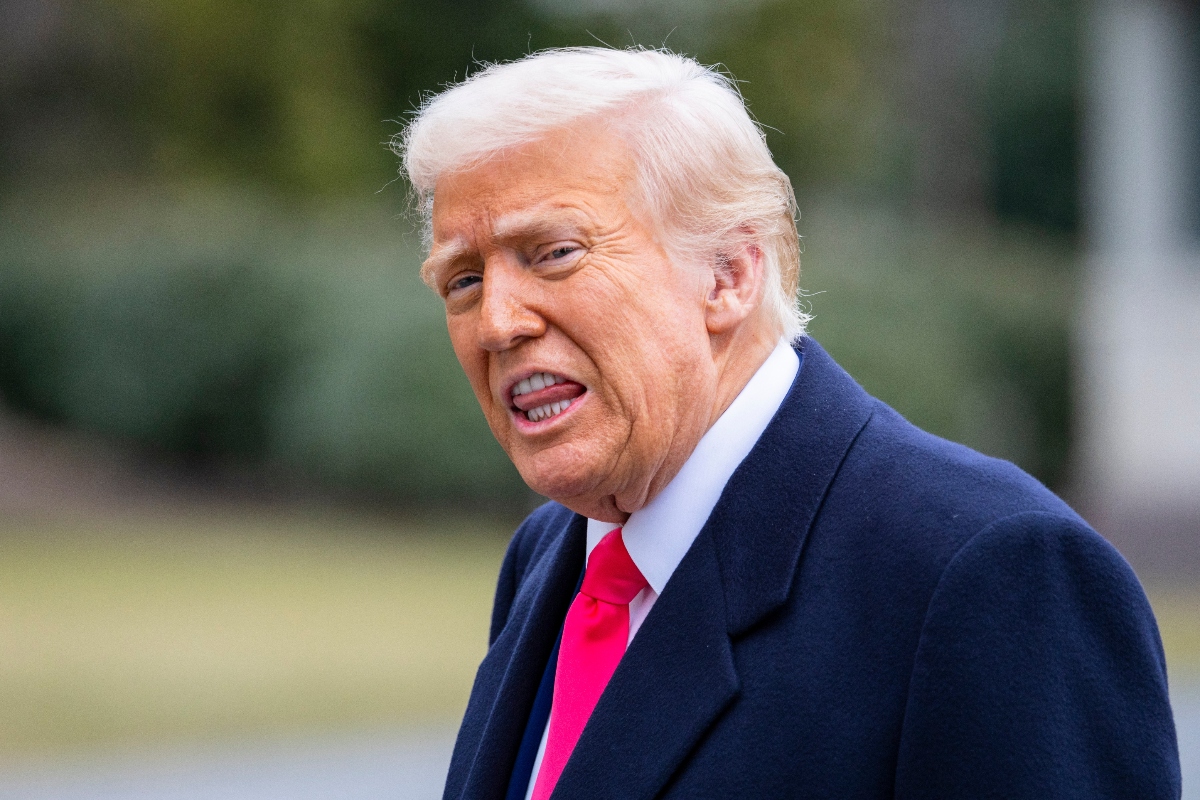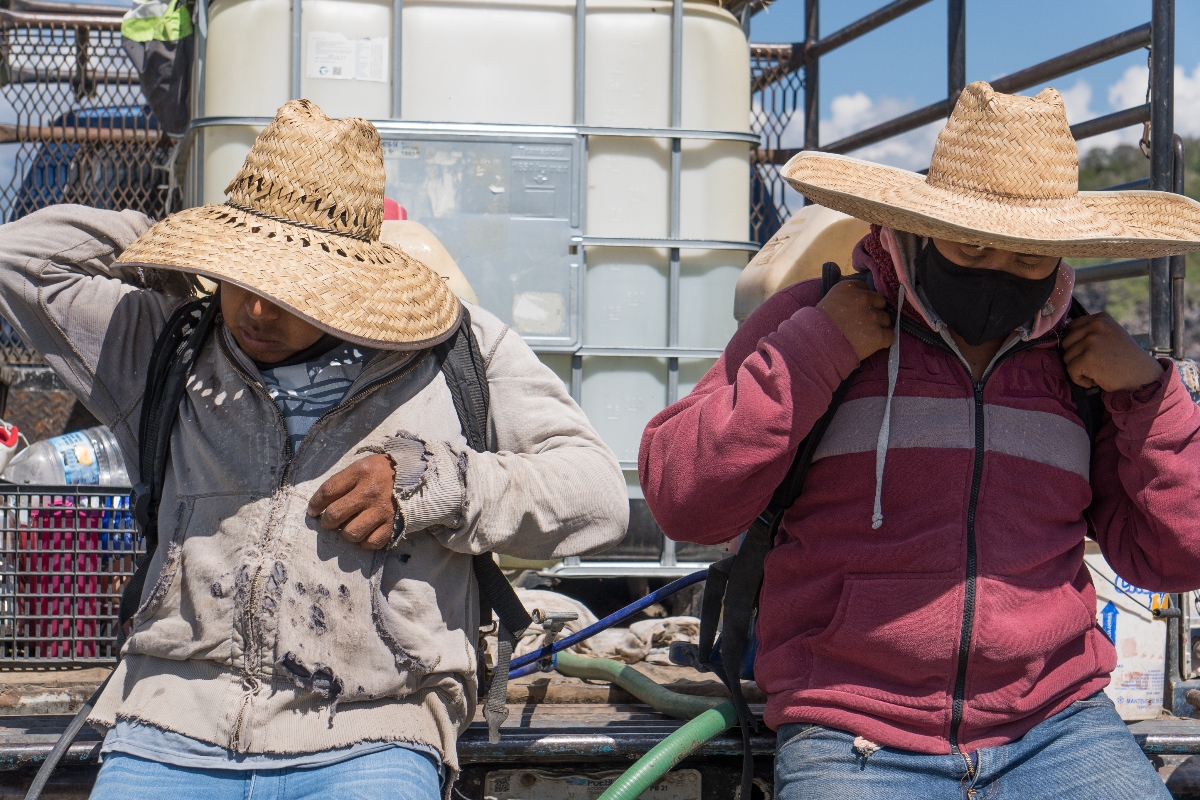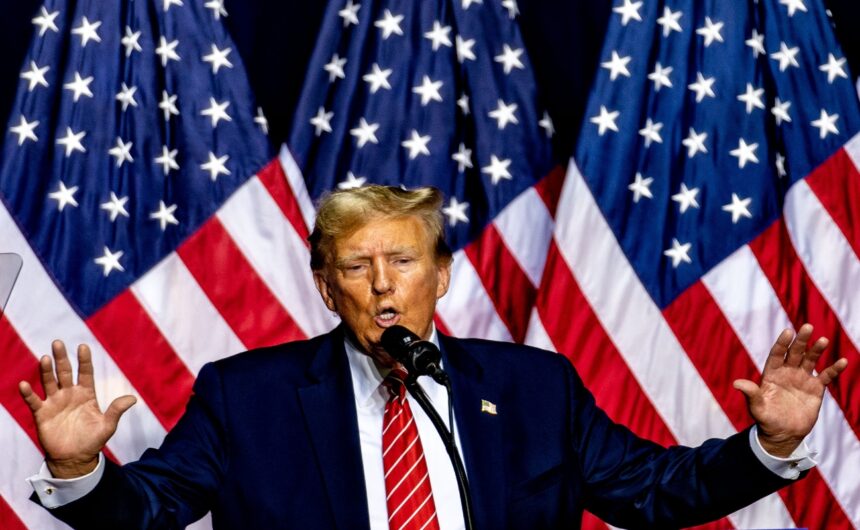President Donald Trump announced a 90-day temporary suspension of tariffs on more than 75 countries that have not retaliated in trade against the United States and have sought negotiated solutions in the wake of his administration’s escalating tariffs.
The decision, communicated on its Truth Social network, establishes a 10% reduction in reciprocal tariffs, also with immediate effect, to countries that have opted for dialogue instead of sanctions.
“I have authorized a 90-day PAUSE and a substantial reduction in the reciprocal tariff during this period, of 10%, also effective immediately,” Trump wrote on his social network.
The move is seen as a strategic gesture towards allied nations, mainly in Latin America, Asia and Africa, which have maintained a non-confrontational stance towards U.S. trade policy.
New sanctions

Meanwhile, China has been hit with a new round of 125% tariffs, also effective immediately.
Trump justified this decision by arguing that Beijing imposed retaliatory tariffs against the US, which he called an act of “disrespect.”
The White House indicated that the measure seeks to put direct pressure on the Chinese economy and protect key U.S. industries, such as steel, agriculture and the technology sector.
Tension with the EU

At a dinner with Republican Committee members, Trump ironized about the international response, asserting that multiple countries are “desperate for a deal.”
These countries are calling us. They're kissing my ass. They're dying to reach an agreement
Donald Trump
The European Union was not included in the tariff pause.
It continues to face a total tariff of 20%, due to what the White House called unfair trade practices and excessive regulatory barriers to U.S. products.
Impact for Hispanics

For U.S. Hispanic entrepreneurs, importers and distributors, this tariff pause represents an opportunity to strengthen relationships with international suppliers.
Especially from non-sanctioned Latin American countries. However, the situation remains volatile, so it is recommended:
Consult with foreign trade advisors
Review existing bilateral treaties
Watch for changes at CBP and USDA
For more information, visit QueOnnda.com.























